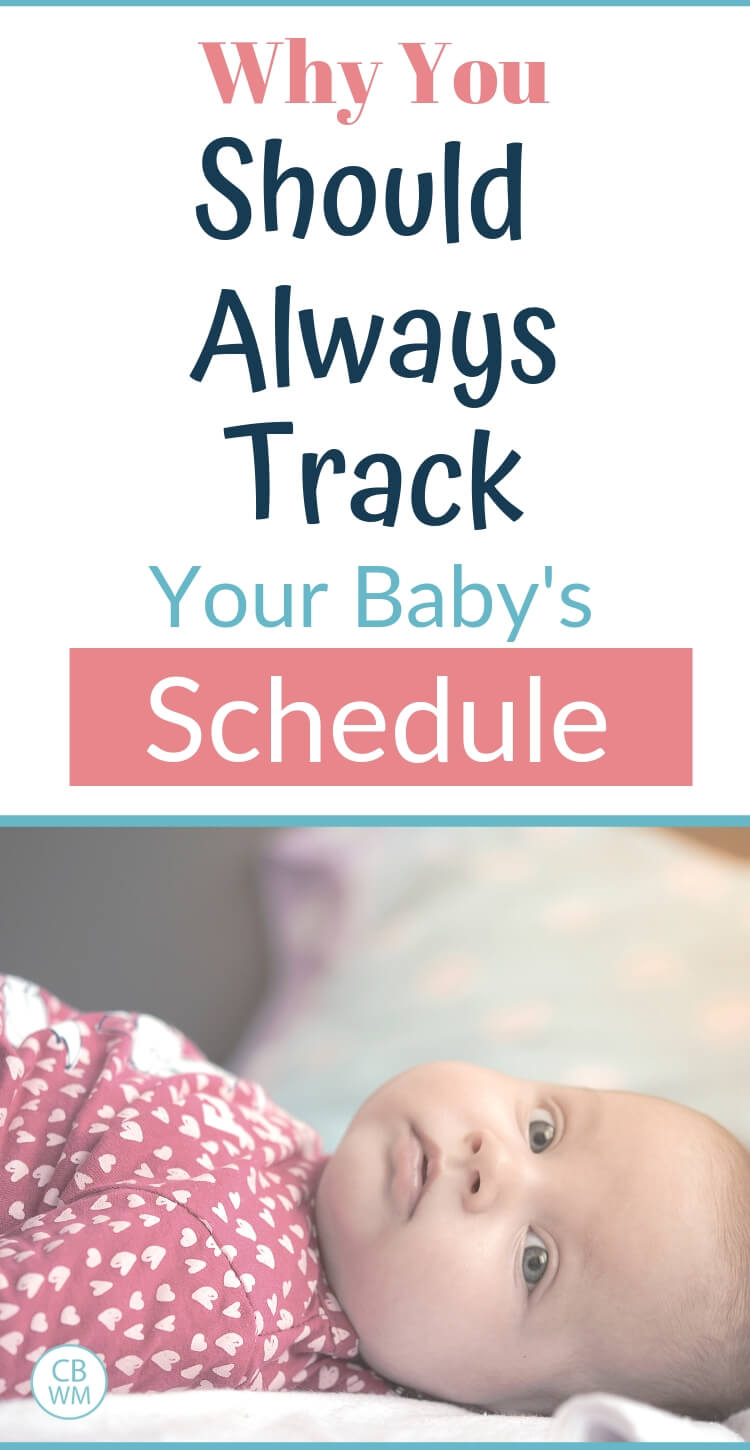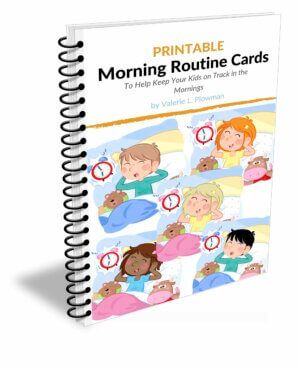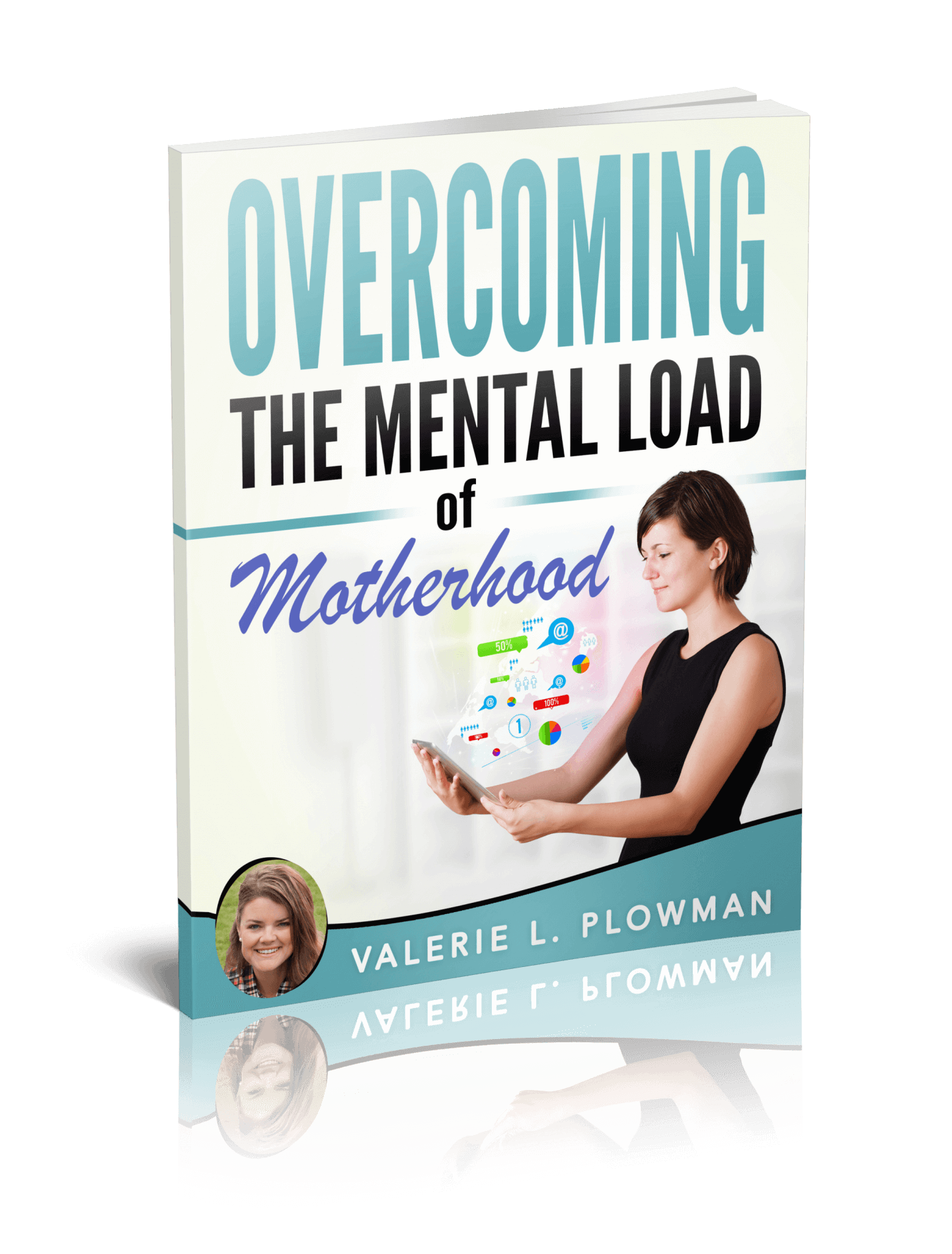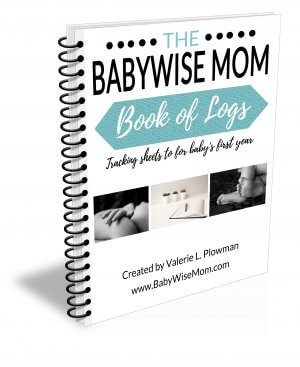The great benefits of tracking your baby’s schedule. Do this not only when you have a problem to solve, but even when the schedule is perfect.

I have talked about the great benefit to keeping a log while problem-solving. When you track your baby’s schedule, you can better assess what is going on that is causing sleep troubles and issues.
I wanted to point out the value of keeping a log during the “good times” too.
Get your copy of my Book of Logs here
Post Contents
Benefits of Tracking Your Schedule
Your baby is sleeping 1.5-2 hours and eating every 2.5-3 hours. She goes down for her nap on her own without so much as a fuss. Life is good! There are no worries! And therefore, no need to keep a log, right? Not so fast!
I find it very valuable to keep a log during the good times as well as the problem-solving times, especially during the newborn period. There will be disruptions during your baby’s life–even if it is only in the form of a growth spurt.
When that disruption comes, you will likely start to keep a log in order to find out the problem. This will be much more difficult for you if you don’t know the particulars during the “good time.”
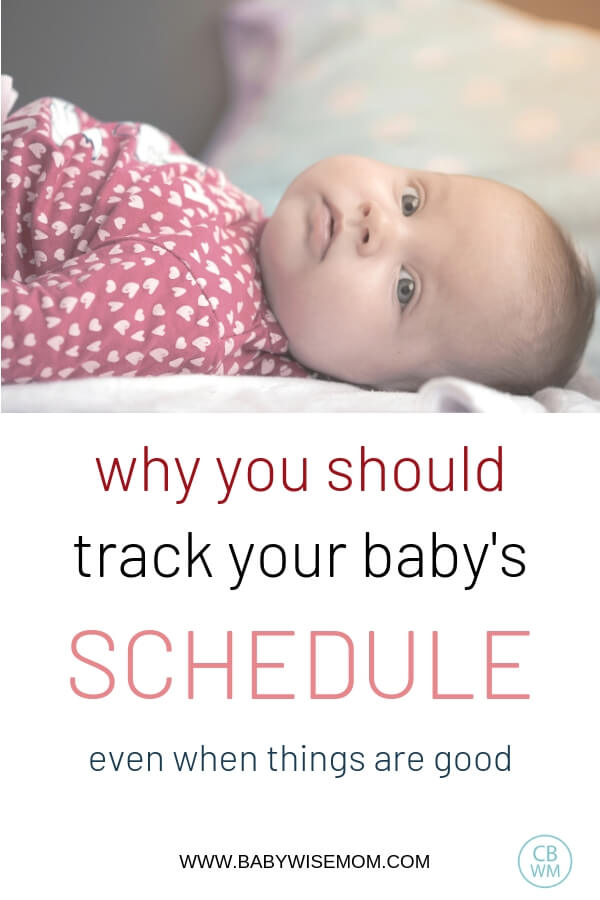
For example, your baby is waking early. You wonder if perhaps her waketime was too long, so you start to track the waketime length to see what happens. If you have been keeping a log all along, you will be able to see what waketime lengths have been good for her in the past and it will remove much of the guesswork.
If you make a change to the schedule and your baby stops sleeping as well, you will benefit greatly from having a written record to return to and see if your baby really needs to be back on the old schedule.
Another example is that your memory is not going to be that great. For example, one day I started to question if McKenna’s waking at night was habitual. She was waking at 1:15 every night–or so I thought.
I decided to watch it for the next few nights, but looked at my tracking. Well, last night was 1:15, the night before was 1:15, but the night before was 12:15 (with no dreamfeed, though) and the night before was 3:00…hardly habitual. Having a log to look at helped bring me back to reality.
Looking for schedule ideas? See my newborn schedules here. Get links to all other ages from there.
How Long to Keep a Log
Keeping a log can be tedious, and you might be wondering how long this needs to go on for. I would say it is good sense to keep a log for the first three months at least.
Since many moms find problems arise at four months old, I would extend that advice to four months. If you are feeling really good, you might want to take it to six months old. After that, you might only need to keep a log when you feel a big change coming on, like dropping a nap or introducing solids, etc.
Conclusion
Yes, it takes some effort now, but the effort you put in will pay off in the future as you are able to problem solve much faster. You can track whatever seems pertinent to your baby. I track feeding times, feeding summary (how long she ate, which sides, etc.), diaper summary, time down for nap, any nap notes, and other notes as well. You can track whatever is of importance to your baby.
Related Posts
- Essential Elements to Any Routine
- Getting a Consistent Schedule
- HOW TO HAVE A ROUTINE FOR YOUR BABY AND STILL HAVE A LIFE
- THE KEY ELEMENT TO STARTING A ROUTINE
- Let Your Schedule Serve You, You Don’t Serve Your Schedule
- Managing the Entire Family’s Schedules
- How To Plan Your Ideal Babywise Schedule
- Planning Your Schedule for Multiple Children
- Schedules Can Be Hard
